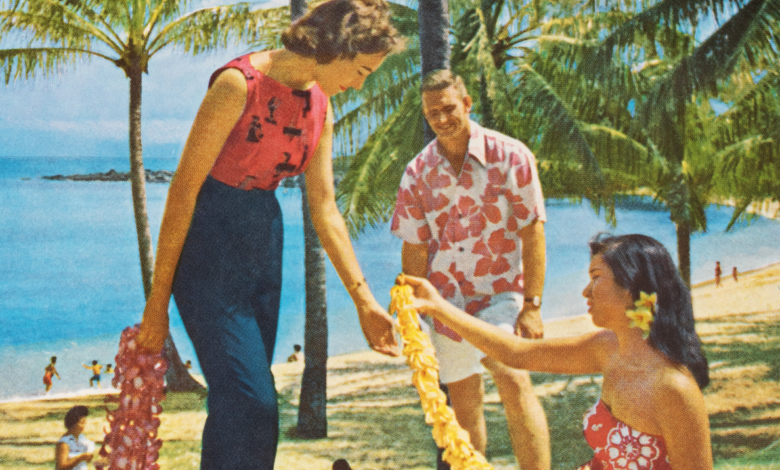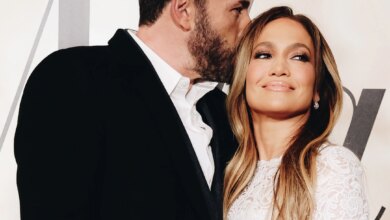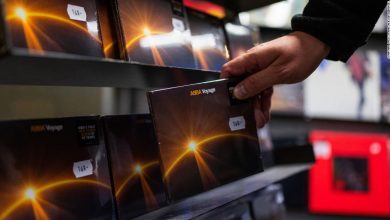Hawai’i’s Crisis as a Playground for the Ultrawealthy

At the turn from the Queen Ka’ahumanu Highway into the Mauna Kea Resort on the Kona coast of Hawai’i Island, I pulled over to the side of the road and told my wife to take over driving.
We were supposed to meet our former landlords from California for lunch at the resort’s beachside restaurant, but I couldn’t do what had been a generally accepted practice here in Hawai’i: stop at a guardhouse for permission to enter.
As an Indigenous person, I felt enervated, that it was wrong. I hate pulling up to a gated community in Hawai’i, but the islands are full of these artificial barriers intended to create paradise for visitors.
What’s extra galling is that all of Hawai’i’s beaches and coastlines are open to the public. There is no such thing as a private beach in Hawai’i, so access to the shoreline is a right, but it’s not always easy.
It’s not just the hotels. As I paddle along the coast in outrigger canoes, the coastlines of Hawai’i are full of homes and large lots of land that are gated and continually surveilled. Aloha, indeed.
Now the uneasy relationship between the ultrawealthy and those with generational ties to Hawai’i is being reexamined in the aftermath of the horrific fires on Maui in August.
Dwayne Johnson now understands this. He acknowledged on Instagram last month that he may have been insensitive in his appeal for donations to the People’s Fund of Maui he established with Oprah Winfrey in the wake of the fires two months ago.
Johnson said he had been paying attention to social media, and his statement was quickly accepted by prominent social media accounts in Hawai’i.
The question is whether Johnson’s fellow ultrawealthy individuals will follow his stated lead of trying to be better toward the people of Hawai’i.
The profound hurt on display in the aftermath of the Maui wildfires goes beyond the loss of life and property. It extends to the fear that this is the last straw for Native Hawaiians and those with generational ties to Hawai’i.
The story of how so much of Hawai’i ended up in the hands of outsiders is not pretty. The marketing of Hawai’i for real estate and tourism has back-burnered the plight of Native Hawaiians in favor of images of paradise. There’s no space in glossy publications selling luxury residences for the story of the overthrow of Hawai’i’s sovereign government by Americans.
Hawai’i is part of the American tradition of taking lands from Indigenous peoples and then pushing them to the brink of extinction.
But that was then—and that was them—not us today. What’s wrong with legally buying large amounts of land on an island (or buying 98% of Lana’i in the case of Oracle’s Larry Ellison), you may ask?
The answer is that it limits opportunity for Native Hawaiians by blocking off an already small amount of land, making Hawaii less affordable, less livable, and hastening the exodus of Hawaiians from their homelands. More Native Hawaiians now live outside of Hawai’i than live in Hawai’i.

![Wednesday TV ratings: The Wonder Years up, CSI: Vegas down [Oct. 27]](https://news7g.com/wp-content/uploads/2021/10/ie_77727-390x220.jpeg)


